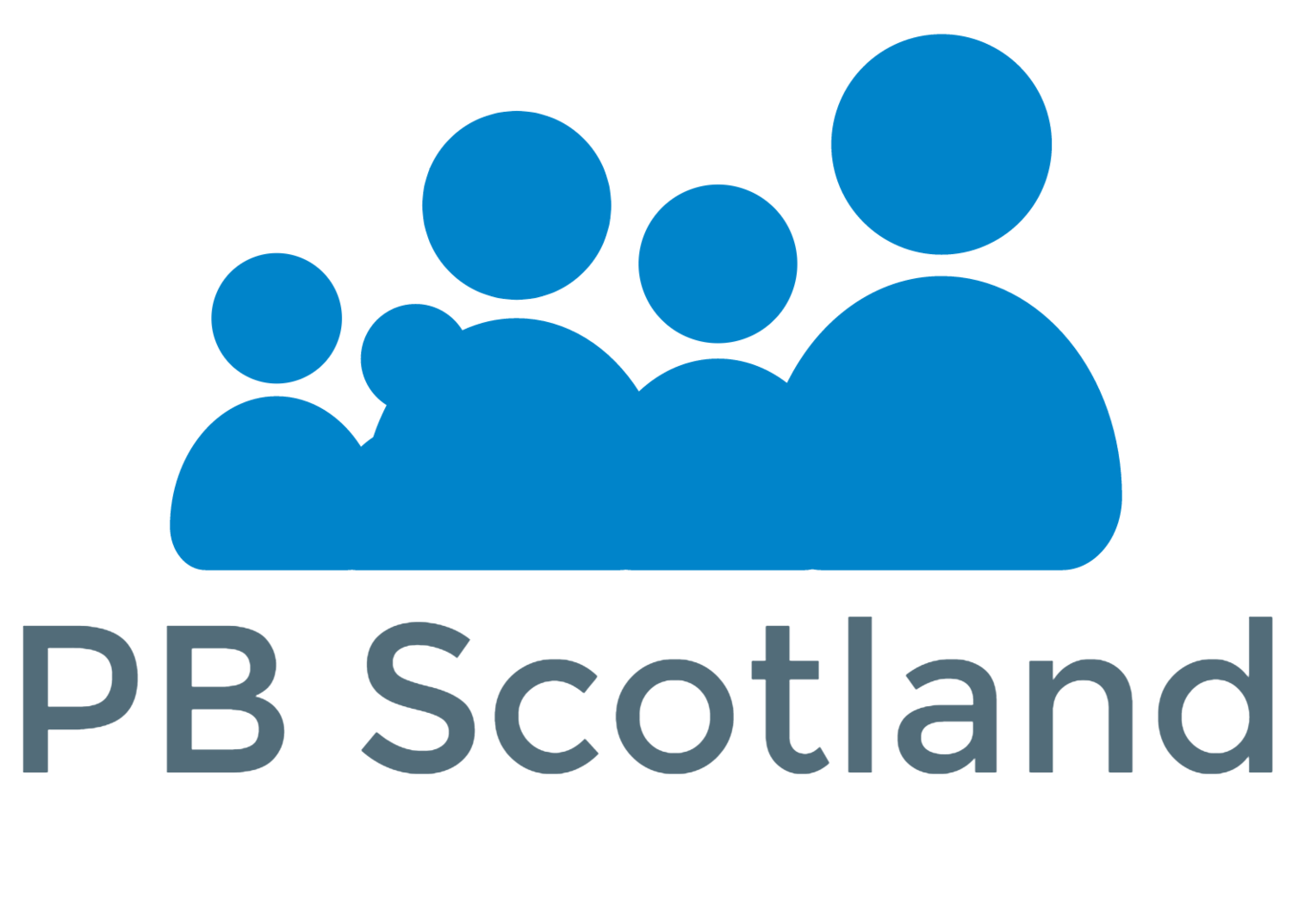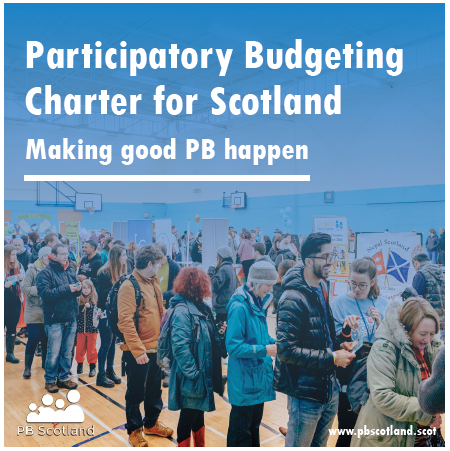Turning up & turning out: How can we get more from our local democracy?
/With local election turnout still relatively low, where do we start with getting people more engaged – and where does participatory budgeting fit in?
With the votes counted and the numbers crunched, the 2017 Scottish council election turnout figures are in: at 47% it beats 2012's local elections and the overall figure for this year’s English local elections - an encouraging display for our local democracy?
While 47% is relatively good news, when placed in the context of other recent votes it's a starker scene: the 2016 Scottish Parliament election had 55% of the country have their say, the EU referendum saw 67% of Scots vote - and of course the 2014 independence referendum saw a historic 85% turnout. At the ward level it still seems we have some way to go.
Electoral Reform Society Scotland research from 2012 found that 74% of Scots feel they have no influence over council decision making - a statistic that must go some way to explaining why more than two million people didn’t engage with local democracy on polling day.
But it's not just local authorities - local community councils are facing similar issues. A report from October 2015 notes how community councils in Aberdeenshire have seen how “a lack of influence can seriously limit the motivation of CCs and ultimately their achievements.”
So what's to be done?
With such a big issue, it's easy to feel, well, disengaged. But there's work already being done across Scotland.
The Commission on Local Democracy, which published its findings in 2014, recommended “a fundamental review of the structure, boundaries, functions and democratic arrangements for all local governance in Scotland”. It also made a connection between an absence of strong local democracy and the prevalence of inequalities – specific work needs to be done to address these fundamental imbalances.
'Our Democracy: Act as if We Own the Place' is a coalition of organisations which is promoting a simple idea: that human beings flourish when they have control over their own lives. This basic principle underpins the idea that communities working together can effect real change. As part of the campaign, local events are being set up to bring communities together to have conversations about the things that are important to them.
Participatory budgeting (PB) is central to those ideas: when communities have a meaningful say they're more likely to want to get involved - and more likely to make the best decision. We've seen up close examples of PB making a difference to local areas - even relatively small pots of money can enable excellent local work and, perhaps most importantly, get people together to help build community cohesion and strength.
PB's impact is clear, but what’s key is how it helps develop an increasingly participatory democracy. A 2016 review of the 1st generation of participatory budgeting in Scotland recommended “more opportunities for meaningful dialogue and robust deliberation between citizens, civil society organisations, elected representatives and public authorities." Furthermore, the report noted that interest is growing in increasing decision making about mainstream budgets. With these elements in place, the report continued, “PB has the potential to rekindle local democracy on an unprecedented scale”.
As we head into a general election, on the back of an EU referendum and with talk of another Scottish independence vote, it's easy to see how voter fatigue might add further to low turnouts.
So can participatory budgeting make a difference? Could mainstreaming PB, with proper citizen dialogue and deliberation, be a way of harnessing the energy of local grant making to strengthen participatory democracy?
The answer to the question ‘How do we get more from our local democracy?’ might just be: we add more democracy.








